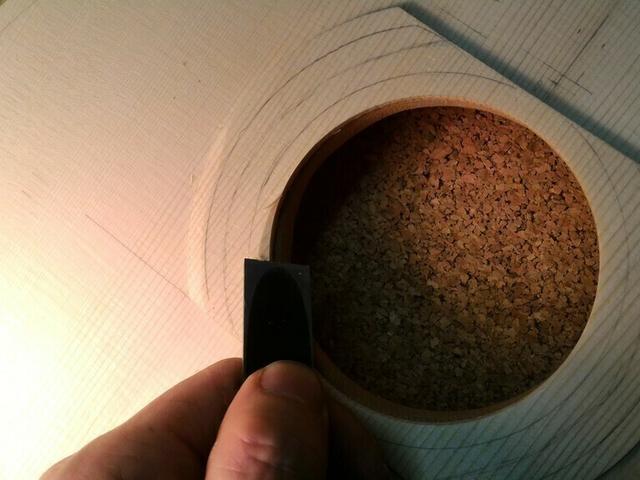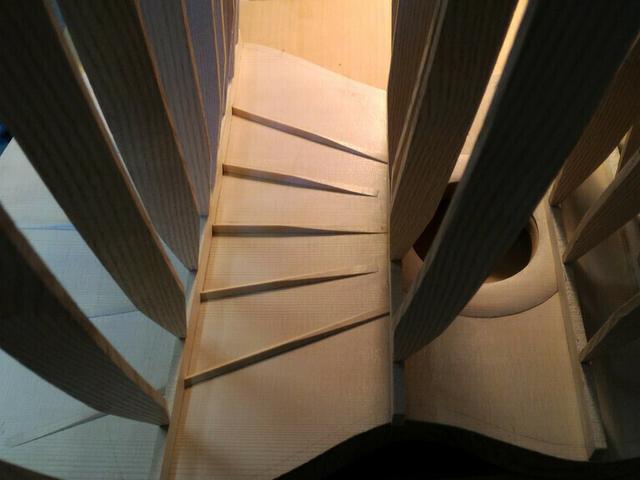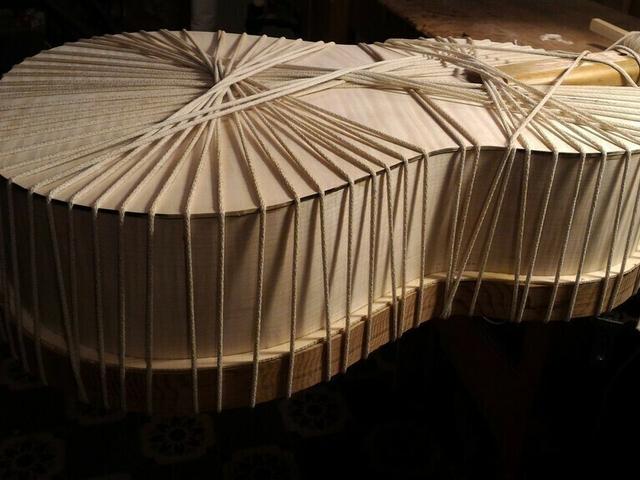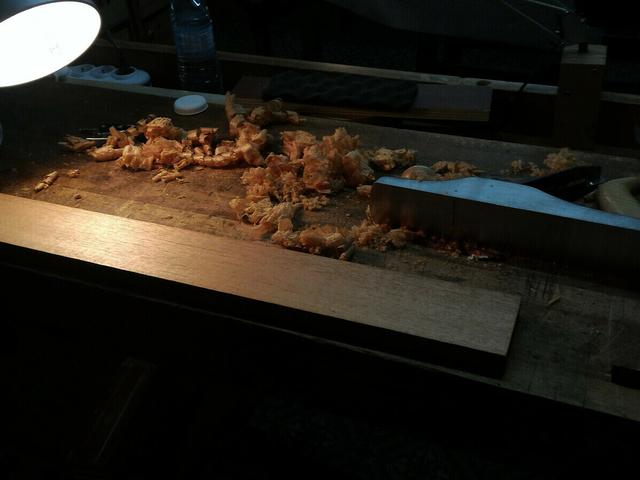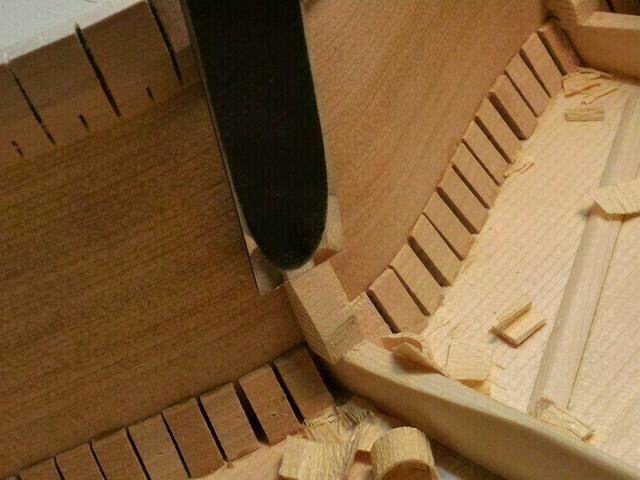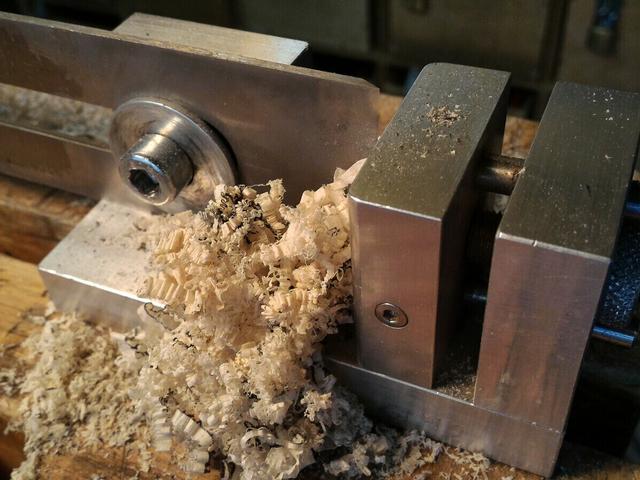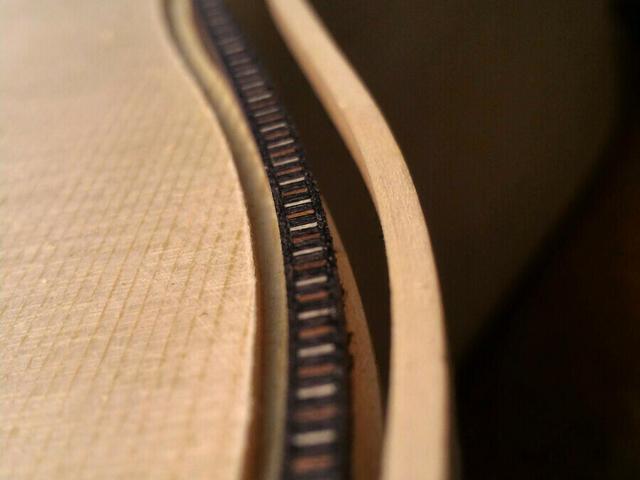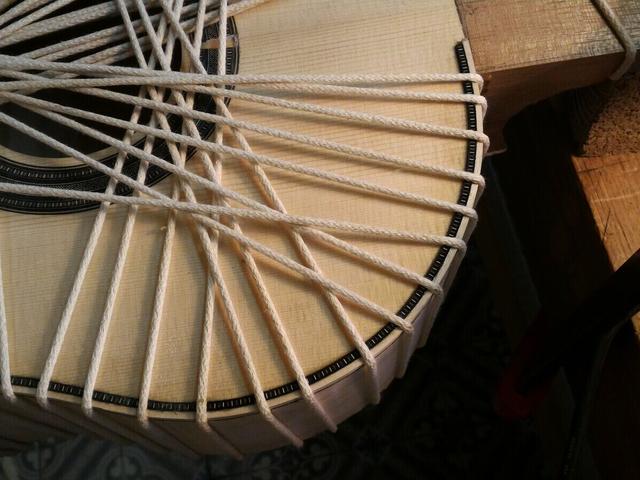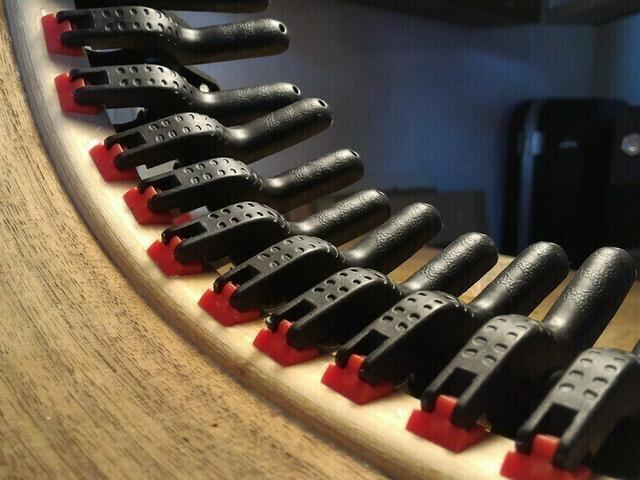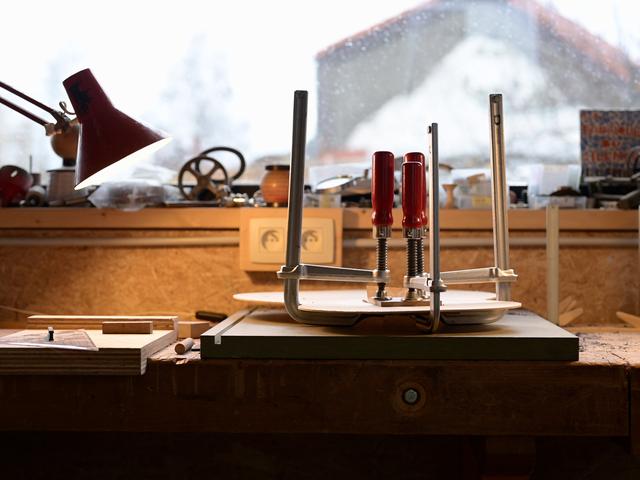Guitar Making
- Open to all, after an individual interview to discuss your project and expectations.
- Durée: Between 30 and 60 days to complete the instrument
Prerequisites
No technical prerequisites are required to join the course, but creating an instrument is a long-term project, especially for beginners. You must be able to commit the necessary time and maintain motivation throughout the project.
The initial sessions may allow you to test your interest and ability to work meticulously before fully committing to purchasing expensive tools or materials (AZ trial period is proposed).
Objectives
The main objective of the course is to equip the student with all the skills and knowledge needed to create a professional-grade instrument, built to the highest quality standards using traditional methods. This includes minimizing the use of electric machines and focusing on learning the gestures, posture, and mindset required to carry out precise tasks while fostering an intimate dialogue with the materials.
Methodology
"Practice and Knowledge are One" (知行合一), the ancient adage of dōjōs, forms the foundation of our teaching approach.
The plane and chisels are the primary tools of the luthier. Instruments are constructed with respect for the material and the calm of the workshop.
Students are free to choose the instrument they wish to build, but it should allow for a progressive learning experience. Cutaways and complex inlays are better suited for a second instrument. A construction plan will be provided to each student to help track the progress of their project.
Throughout the course, emphasis will be placed on:
- The quality of the result rather than the speed of execution, which can only be achieved through practice and experience;
- The relevance of the choices made in relation to the acoustic, technical, and aesthetic goals of the project;
- Developing a mental and physical posture suited to the practice of a fine craft.
The use of local and eco-friendly materials, such as wood from European forests, organic glues, and biodegradable varnishes, is prioritized at all times.
Practical Information
The courses are organized in half-year terms, from September to January and from February to June. Each term consists of 24 training days, with sessions lasting 6.5 hours each (9:00 AM - 4:30 PM), totaling 162.5 hours per semester. Classes take place every Friday and on select Saturdays.
Partial participation is possible, but a minimum attendance of two days per month is strongly recommended.
The fees for the 2024-2025 year are €120/day.
To participate, a minimum set of personal tools is required, including high-quality chisels (4mm, 12mm, 18mm), a No. 5 hand plane and a block plane, a 0.8mm scraper, a good-quality rasp, and a 10cm precision ruler (please consult us before purchasing any tools).
The first few days can serve as a trial period, allowing you to use the workshop's tool kit before investing in your own. An additional fee of €20/day is then required.
You should also budget between €300 and €500 for the raw materials needed to complete the project (wood, hardware, etc.), which are the responsibility of the student.
For free students, a minimum of two days per month is strongly recommended to ensure steady progress on the project.
Once completed, the instrument is fully yours and will be co-signed with your name and the workshop's label. Instruments produced during the course should be considered learning projects and are not intended for sale.
We strive to keep our fees as affordable as possible while ensuring fair compensation for the instructor and providing a well-equipped workshop for high-quality learning. If financial constraints are the only obstacle preventing you from participating, please let us know.
Spaces are limited, and admission is based on an individual interview.
